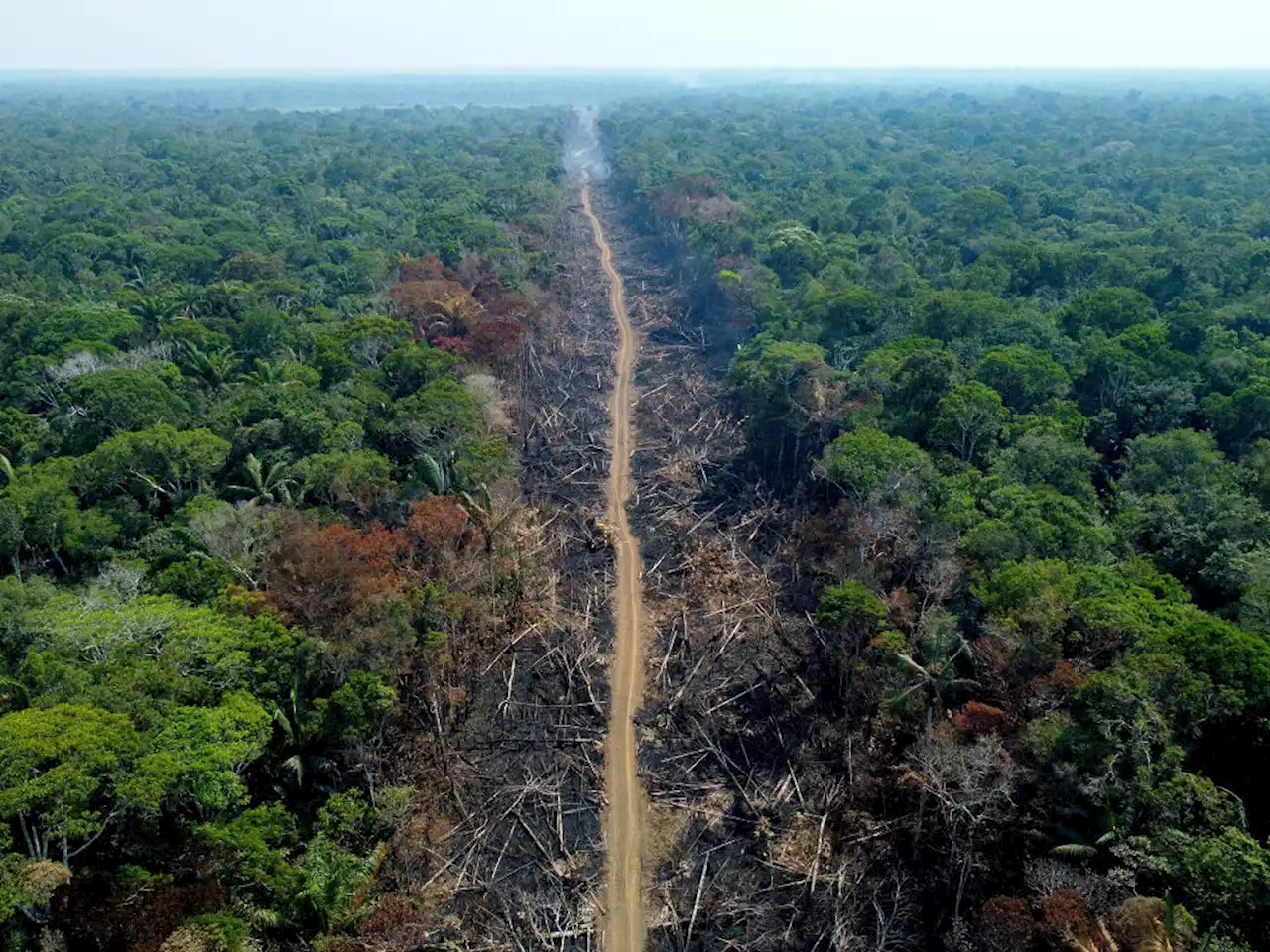As COP27 approaches, read how the skiing industry is getting creative to save the popular winter pastime from extinction. From the 1843 magazine archive
ou know why I have this in the car?” asked Mikko Martikainen, clutching a penknife. “So if we hit a reindeer, I can get out and kill it.” It was a foggy morning in late November, and Martikainen and I were driving through the forests of Lapland in northern Finland, dodging reindeer grazing on the verges. We were headed to a small ski resort near Rovaniemi, a city bang on the Arctic Circle that is the centre of Finland’s winter-tourism industry. According to legend, Father Christmas lives there.
Martikainen made his Olympic debut at the 2014 games in Sochi. Over the past century, the winter games have been held in hotter environments. This is partly because climate change has driven temperatures higher and partly because, as the games have grown in size, complexity and cost, fewer places have been willing or able to accommodate them. The average February temperature of host cities has risen from 0.4℃ from the 1920s to the 1950s, to 6.3℃ in the 21st century.
Martikainen’s job is to guarantee snow even when it’s warm or dry. Skiing accounts for over half of all Winter Olympic events: it’s impossible to imagine the games without athletes hurtling down peaks at 80 miles an hour , snow spraying out behind them like a car exhaust. But in recent years, the games have become as much a stunning display of high-octane sliding talent as a testament to a bleaker trend: the struggle to maintain our way of life in a rapidly changing environment.
At 25, Martikainen was tapped to coach the Finnish alpine ski team but resigned after two years because, he said, cross-country skiing got all the funding. After that, he did stints running a sports centre and what he calls the world’s smallest ski resort, with two slopes and a vertical drop of just 50 metres.
The variety that makes snow so wondrous to most of us is nothing but a nuisance if you’re organising the Winter Olympics or managing a ski resort. Snow professionals aspire to control their product in the same way that McDonald’s controls hamburgers or Starbucks caramel lattes. For a ski business, snow is not so much a natural phenomenon as an industrial commodity.
“People think that if you have snowmaking you have 100% snow security,” says Carmen de Jong, a hydrologist at the University of Strasbourg. “That is not the case.” In some parts of Lapland, the natural snow season has shrunk by as much as 25 days in the past half century. The Finnish Meteorological Institute projects that the number of days with snow cover could drop by 30% by 2100.Martikainen feels these losses deeply.
My dodgy technique notwithstanding, the morning’s exercise was a reminder of why skiing has such a hold on people, despite its often ludicrous expense and growing incompatibility with the rhythms of nature. Beneath us lay an endless forest of spruce and silver birch, dotted with lakes gradually thickening into ice. The winter sun crawled across the horizon, staining the snow pink.
A group of grizzled workmen, cigarettes dangling from their lips, gathered not far from us. They had spent the day working their way down the length of the course, injecting water deep into the piste to freeze it hard. By now it was approaching the desired density – 650-700kg per cubic metre – much closer to pure ice than fluffy powder. When I knelt down to tap the surface, it felt like cold stone under my knuckles. As we walked across it, we left no footprints.
He had started experimenting with preserving snow in the early 2000s. When he eventually approached ski resorts about it, he was laughed at. “I thought he was maybe sick in the head,” said Lönnström, the manager at Rovaniemi.No longer. Over the years, Martikainen has refined his techniques: done correctly, as little as 5% of snow may melt over the course of two months, even if summer temperatures rise to 20℃.
When the organisers of the 2022 games invited him to develop a “vision plan” for its skiing venues, Martikainen recommended they combine snowmaking with a large snow-recycling operation. This wasn’t because it was too warm for the machines – winters in northern China are reliably freezing – but because the area has so little water. Recycling requires much less water because you can harvest the snow and store it year after year.
At the mayor of Beijing’s behest, Martikainen set up test sites near the skiing venue in Yanqing. In the winter of 2017, he made about 12,000 cubic metres of snow and collected it in a pile ten metres high. Then he covered the tower and left it over the hot, dry summer, as temperatures climbed to 40℃. When he went back in September, he climbed a ladder and uncovered a patch. The snow was still there, shining white.
United Kingdom Latest News, United Kingdom Headlines
Similar News:You can also read news stories similar to this one that we have collected from other news sources.
 Cost Of Living Heating 'Hacks' That Won't Actually Lower Energy Bills This WinterCertain advice shouldn’t be taken if you want to stay warm for less.
Cost Of Living Heating 'Hacks' That Won't Actually Lower Energy Bills This WinterCertain advice shouldn’t be taken if you want to stay warm for less.
Read more »
 Frontier buys Warhammer 40K: Chaos Gate - Daemonhunters developerElite Dangerous and Planet Coaster company Frontier Developments has snapped up Complex Games, the studio behind Warham…
Frontier buys Warhammer 40K: Chaos Gate - Daemonhunters developerElite Dangerous and Planet Coaster company Frontier Developments has snapped up Complex Games, the studio behind Warham…
Read more »
 Lula's Victory in the Brazil Elections Is a Win for the PlanetBrazil's leftist president-elect Luiz Inácio Lula da Silva faces a challenge to control deforestation after Jair Bolsonaro let it rip
Lula's Victory in the Brazil Elections Is a Win for the PlanetBrazil's leftist president-elect Luiz Inácio Lula da Silva faces a challenge to control deforestation after Jair Bolsonaro let it rip
Read more »
 University offers course to help students deal with 'eco-anxiety''Eco-anxiety' is described as a 'direct result of the feelings of grief and distress stemming from the knowledge of climate concerns and its psychological impact' by the university
University offers course to help students deal with 'eco-anxiety''Eco-anxiety' is described as a 'direct result of the feelings of grief and distress stemming from the knowledge of climate concerns and its psychological impact' by the university
Read more »
 Hornets planning to get sun on their backs during World Cup breakWatford are planning to travel to Spain during the World Cup break for some warm-weather training.
Hornets planning to get sun on their backs during World Cup breakWatford are planning to travel to Spain during the World Cup break for some warm-weather training.
Read more »
